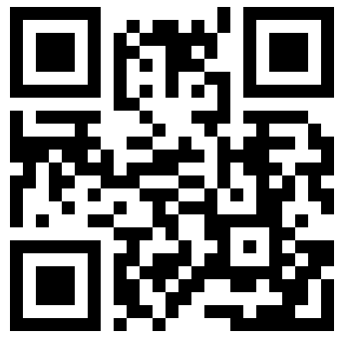Phone
+86 18630938527
With the continuous progress of medical technology, medical ultrasound scanners are playing an increasingly important role in intensive care units (ICUs). Medical ultrasound scanner is a medical device that uses ultrasound technology to examine the human body. It has the characteristics of non-invasive, painless, fast, and accurate, and has become an indispensable diagnostic and treatment tool in the ICU. This article will explore the application of medical ultrasound scanners in intensive care units.
1、 Real time monitoring of patient condition
Patients in intensive care units often have critical conditions that require close monitoring of organ function and vital signs. Medical ultrasound scanners can obtain information on the shape, size, and position of organs and tissues within the human body by reflecting ultrasound waves. By monitoring the patient's condition in real-time, they provide timely and accurate diagnosis and treatment basis for doctors.
2、 Assist in the development of diagnosis and treatment plans
Medical ultrasound scanners can not only display the internal conditions of the human body through images, but also assist doctors in diagnosing and formulating treatment plans through data analysis. For example, by observing the morphology and function of organs such as the liver and kidneys, the patient's liver function and degree of kidney damage can be determined; By observing the structure of the heart cavity and detecting hemodynamics, doctors can be assisted in diagnosing and treating cardiovascular diseases.
3、 Evaluate treatment effectiveness and prognosis
Medical ultrasound scanners can evaluate treatment effectiveness and prognosis by examining patients before and after treatment. For example, by detecting the cardiac structure and hemodynamics of patients with cardiovascular diseases, it is possible to understand the improvement of their cardiac function; By observing the local lesions of tumor patients, the effectiveness of tumor treatment can be evaluated and the survival period of patients can be predicted.
4、 Guide clinical operations
Medical ultrasound scanners can also guide clinical operations in intensive care units. For example, before intubation, puncture, and other operations, ultrasound scanning can clarify the location, size, and shape of the target area, improving the accuracy and safety of the operation; In interventional therapy, ultrasound scanning can monitor the surgical process in real-time, ensuring surgical effectiveness and patient safety.
5、 Bedside detection
Due to the special environment of the intensive care unit, patients are often unable to leave the ward for further examination and diagnosis. Medical ultrasound scanners, due to their portability and non-invasive nature, can perform real-time detection of patients at the bedside, avoiding the risks and inconveniences associated with transporting patients. At the same time, bedside testing also enables doctors and patient families to timely understand the changes in the patient's condition, and better grasp the timing of treatment and care.
6、 Emergency rescue
Medical ultrasound scanners can also play an important role in emergency rescue. Due to its fast and accurate characteristics, it can quickly determine the injury severity and location of patients, providing important basis for further treatment and transportation. Meanwhile, for patients who require emergency surgery, medical ultrasound scanners can also assist doctors in quickly determining the surgical site and plan, improving the efficiency and safety of the surgery.
7、 Training and education
Medical ultrasound scanners can also be used for training and education. For newly hired doctors and nurses, training can be provided through the use of medical ultrasound scanners to enhance their awareness and understanding of common diseases and enhance their clinical operational skills. At the same time, medical ultrasound scanners can also be used for medical education and research, providing doctors and nurses with more intuitive learning materials and research data.
In summary, medical ultrasound scanners have broad application prospects in intensive care units. It can monitor patients' condition in real-time, assist in diagnosis and treatment plan formulation, evaluate treatment effectiveness and prognosis, guide clinical operations, conduct bedside testing, participate in emergency rescue, and train and educate, making medical ultrasound scanners an indispensable medical equipment in intensive care units. With the progress of technology and the development of medicine, it is believed that medical ultrasound scanners will play a more important role in the future medical field.
If you have any questions, please contact us!
CONTACT US

